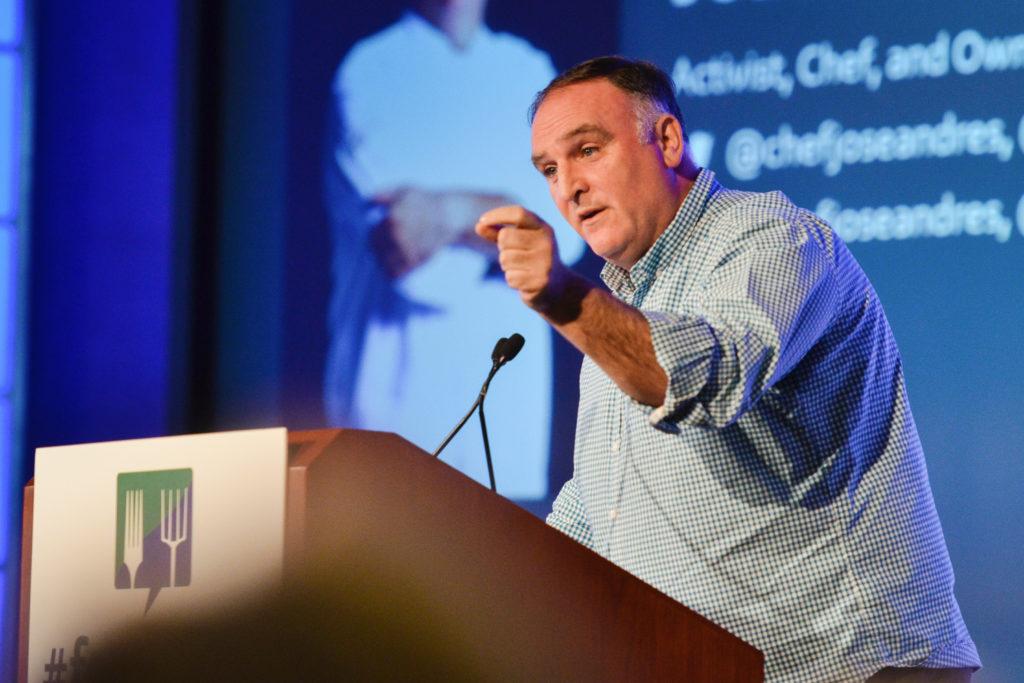On Sept. 11, 2001, Dan Kaniewski saw a plane hit the Pentagon from the U.S. Capitol. It was then, he said, that he made homeland security his No. 1 priority.
Last month, Kaniewski, a 2000 GW graduate, was appointed special assistant to the president for homeland security and senior director of response policy. He said his experiences in Foggy Bottom prepared him to work for the federal government.
In an interview with The Hatchet in the White House Friday, Kaniewski described his daily life working for President George W. Bush.
“People’s lives depend on you, on anyone who works in the government,” he said. “It feels good to have that kind of responsibility, but it is also very stressful.”
Kaniewski personally oversees the government’s response to disasters such as floods, terrorist attacks and other unpredictable events such as the shootings at Virginia Tech.
“My job entails anticipating the unexpected,” he said.
Kaniewski is a member of the Homeland Security Council, a group of senior White House staff members that oversees policy for the Department of Homeland Security. His boss, Fran Townsend, is the president’s homeland security adviser – the equivalent to the national security adviser but with a focus on domestic issues.
He said his primary responsibility, and that of the council, is to coordinate the interests of government departments and agree on policy matters before advising the president.
“I do work long hours,” Kaniewski said. “I don’t have much of a social life, but that didn’t deter me from taking the job. This is a very unique opportunity I may never have again.”
His specialized training and college education are what made him qualified for the job, he said.
“Simply being a Republican doesn’t mean you would get this job,” Kaniewski said. “It’s not the kind of thing you apply for. I was sought for it.”
Kaniewski, who grew up in a small town in Minnesota, majored in emergency medical sciences and began working under the Homeland Security Council in 2005, while he was pursuing his doctorate in public policy and administration.
During his time at GW, he was co-founder of the University’s Homeland Security Policy Institute, a “think and do tank” that develops and retools ways to prevent national threats.
He said his experience with the institute has been helpful in his current position.
“GW, by sheer location, provides the opportunity to get real-life policy experience that you can’t find anywhere else,” Kaniewski said. “If I had stayed in Minnesota, I wouldn’t be here.”
Reflecting on his most memorable thoughts of GW, Kaniewski recalled the opportunities to help his peers and experience real world issues firsthand.
“I’d say the best memories I have are the most gratifying experiences, like community service,” he said. “I remember being out with EMeRG on the weekends, really giving back to the community.”
Kaniewski is a registered paramedic who worked as a firefighter during his college years. He said this provided him with the operational experience he now applies on a larger scale in the Homeland Security Council.
Apart from occasional emergencies, Kaniewski said a large part of his job involves attending weekly meetings and advising government departments on making long-term policy decisions.
Kaniewski said it is easier to write about policy than to make policy, and the agencies and departments have to be handled “very delicately” and with considerable negotiation skills.
“My advice to students, looking back, is follow your passion,” he said. “Don’t focus on where you think you should be but on what really matters to you, and you will end up where you should be.”






